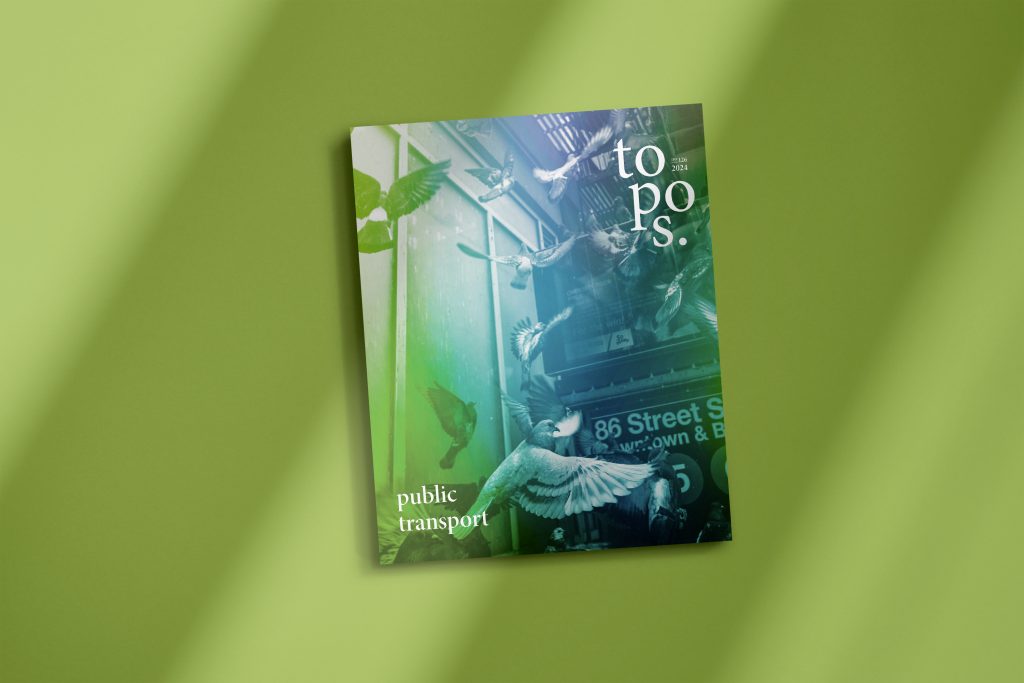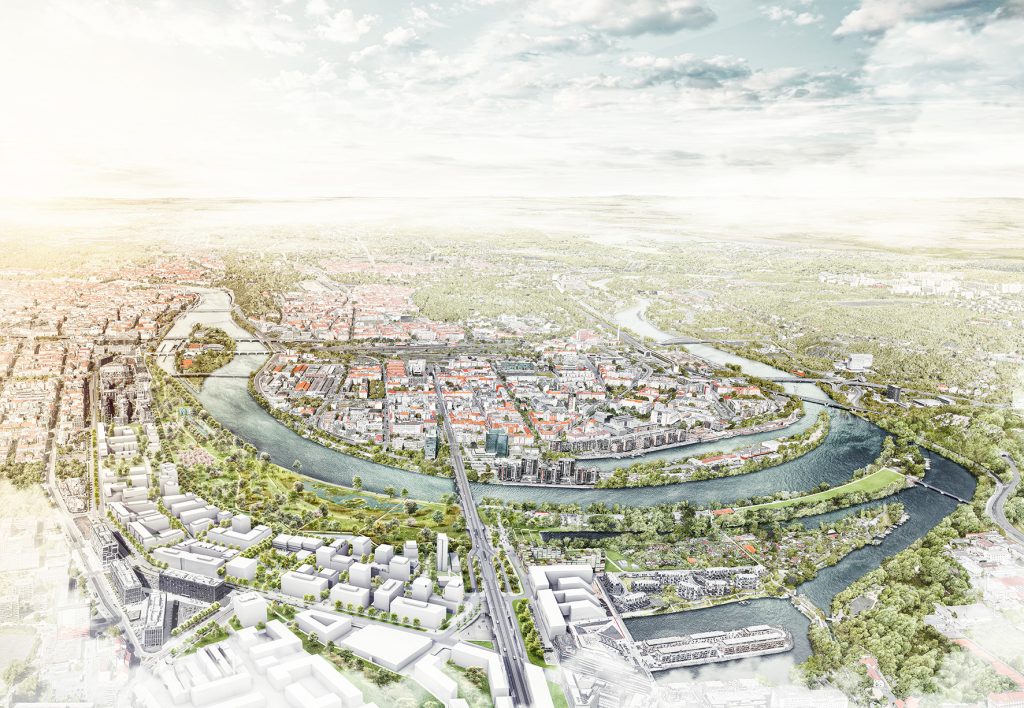Hope in a new city

An organization proposes refugee cities instead of camps.
Billboard
Skyscrapper
Halfpage
A new report proposes that refugee camps should be relabeled refugee cities. The core of the argument is, that there would be spezial enterprise zones (SEZs), offering business opportunities for the inhabitants. The SEZs would benefit the refugees as well as the host country and investors, creating jobs and giving refugees useful skills. The report argues that governments would then welcome refugees instead of seeing a burden in them.
Shenzhen as a best-practice
SEZs are designated areas in a country with differing business and trade laws. There new ideas could be tested without the necessity of changing the laws in the whole nation. Shenzhen in China is an example, that works remarkably well since the 1980s, and allows free-market policies.
The report says, that right now refugees avoid the camps due to the lack of opportunities they offer.
Refugee Cities is a US-based NGO and was founded by Michael Castle Miller. He said: „ The aims of the project are to expand opportunities for migrants and to thereby allow them to find dignity, meaning, and a social and economic future.“
Refugee cities would enable the inhabitants to rebuild their home country with their new-found knowledge and psychological strength, once they return.
Refugee Cities: top-down humanitarian aid fails
The Refugee Cities report claims, that 65.3 million people were displaces by the end of 2015. In Lebanon, one million Syrian refugees now make a quarter of the population, in Jordan, 600.000 refugees are a burden on the water resources. Refugee migration is an urgent strain on international relations. The report also states, that the international aid doesn’t meet the peoples basic needs or achieve a long-term goal and fails to make use of the aspirations and skills of the inhabitants. Refugees are often tempted to find illegal work in the host country.
The former UN High Commissioner for Refugees, Kilian Kleinschmidt, agreed: „We’re doing humanitarian aid as we did 70 years ago.“
Refugee Cities has already won international support by the World Bank, who have committed to investing in refugee SEZs in Jordan and Ethiopia.












